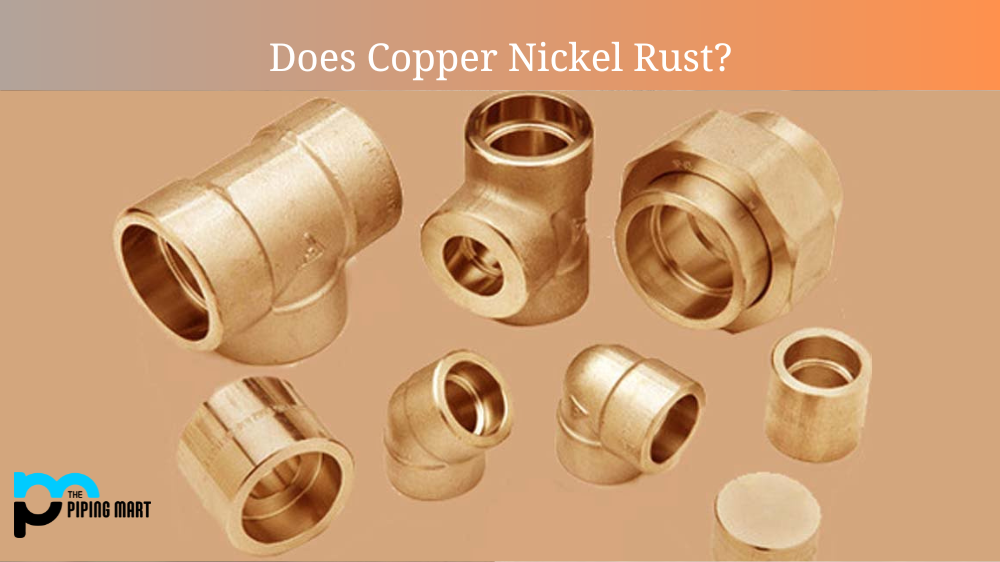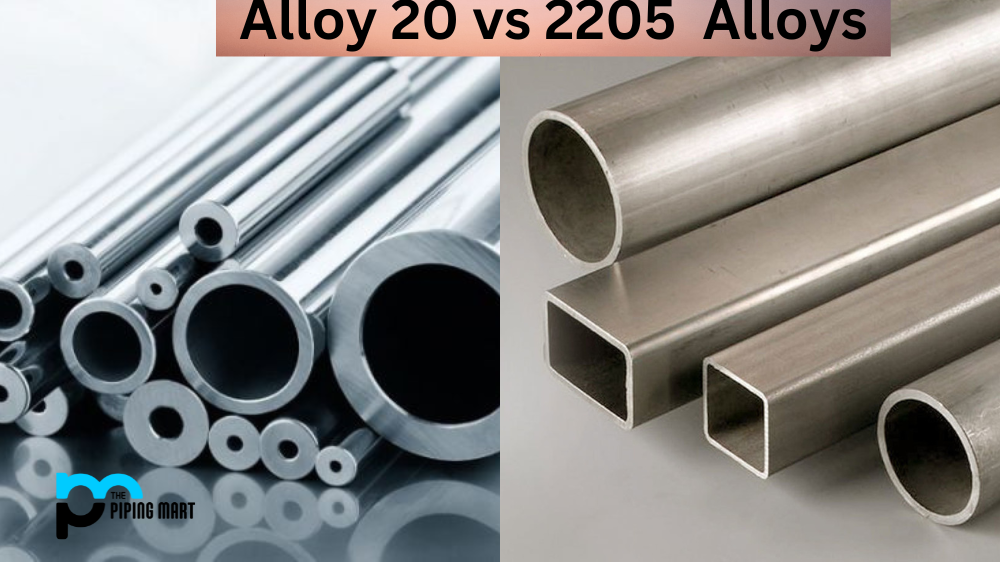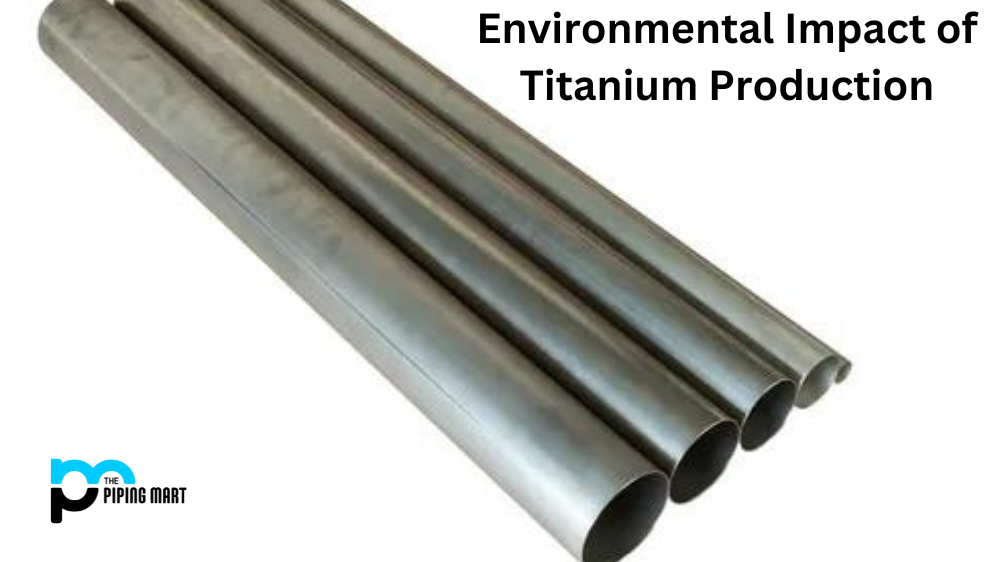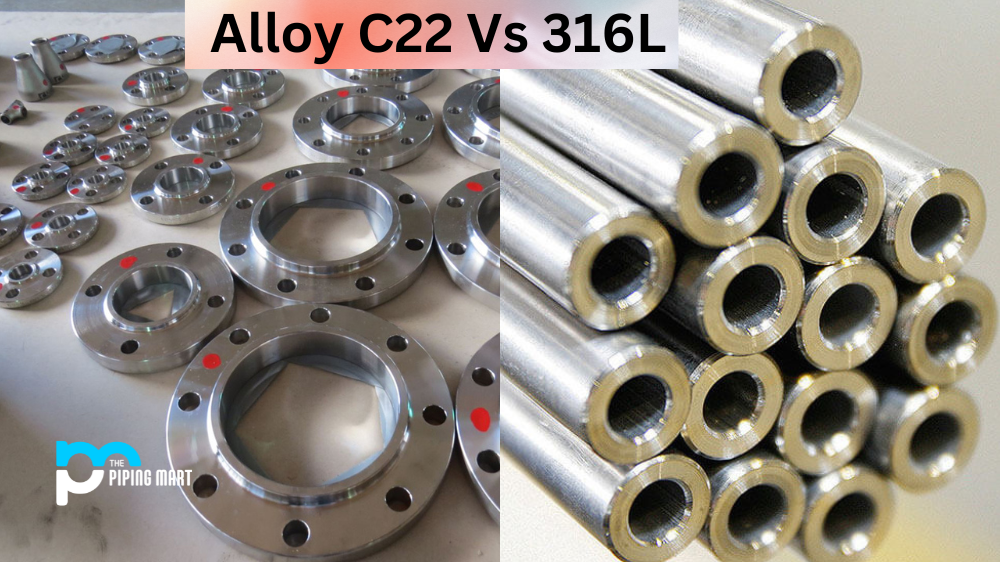Copper nickel, or cupronickel, is a type of metal alloy comprised of copper and nickel in various proportions. It’s often used in marine engineering and other applications requiring corrosion or wear resistance. But one of the main questions people have when it comes to copper-nickel is whether or not it rusts. Let’s take a closer look at this material to find the answer.
Does Copper Nickel Rust?
The short answer is no; copper nickel does not rust. However, cupronickel can corrode over time if exposed to certain conditions—particularly salt water- like all materials. This is known as galvanic corrosion, and it occurs when two different metals are placed in contact with each other in the presence of an electrolyte such as seawater. The two metals then form a battery-like arrangement where one metal corrodes while the other remains intact. In this case, the copper will corrode while the nickel remains intact.
Benefits of Copper Nickel Alloys
Despite its susceptibility to galvanic corrosion, there are many reasons why copper-nickel alloys are still popular materials for marine engineering applications. For starters, they offer excellent resistance to seawater corrosion due to their high chromium content (up to 14%). This makes them ideal for ships and boats functioning in salty environments. The alloys also offer better thermal conductivity and strength than pure copper or nickel alloys. And because they are relatively low cost compared to other metals such as stainless steel or aluminum, they remain popular for budget-conscious marine engineers and hobbyists.
Increased Strength
Copper-nickel alloys are known for their increased strength compared to other metals. This makes them ideal for applications with high levels of strength, such as in constructing bridges and buildings.
Increased Durability
Copper-nickel alloys are more durable than other metals, making them less likely to rust or break over time. This makes them ideal for applications where long-term durability is required, such as in the construction of pipelines or marine vessels.
Increased Electrical Conductivity
Copper-nickel alloys have a higher electrical conductivity than other metals, making them ideal for electrical applications. This includes uses such as electrical wiring and the construction of electrical motors.
Increased Thermal Conductivity
Copper-nickel alloys also have a higher thermal conductivity than other metals, making them ideal for heat-related applications. This includes uses such as heat exchangers and boiler tubes.
Recyclable
Another benefit of copper-nickel alloys is that they are recyclable. This means that they can be reused repeatedly, which helps reduce waste and conserve resources.
Conclusion:
So there you have it—copper nickel does not rust but is susceptible to galvanic corrosion when exposed to salt water or other electrolytes. Despite this drawback, these alloys remain popular for marine engineering applications due to their low cost and excellent resistance to seawater corrosion compared to pure copper or pure nickel alloys. So if you’re looking for a reliable material for your next project involving harsh environments such as salt water, consider using copper-nickel!
Meet Heer, a dynamic and driven writer learning tricks of her trade in the metal industry. With a background in Digital Marketing, Heer brings a unique perspective to her writing, sharing valuable insights. Apart from blogging she like reading and hiking.




